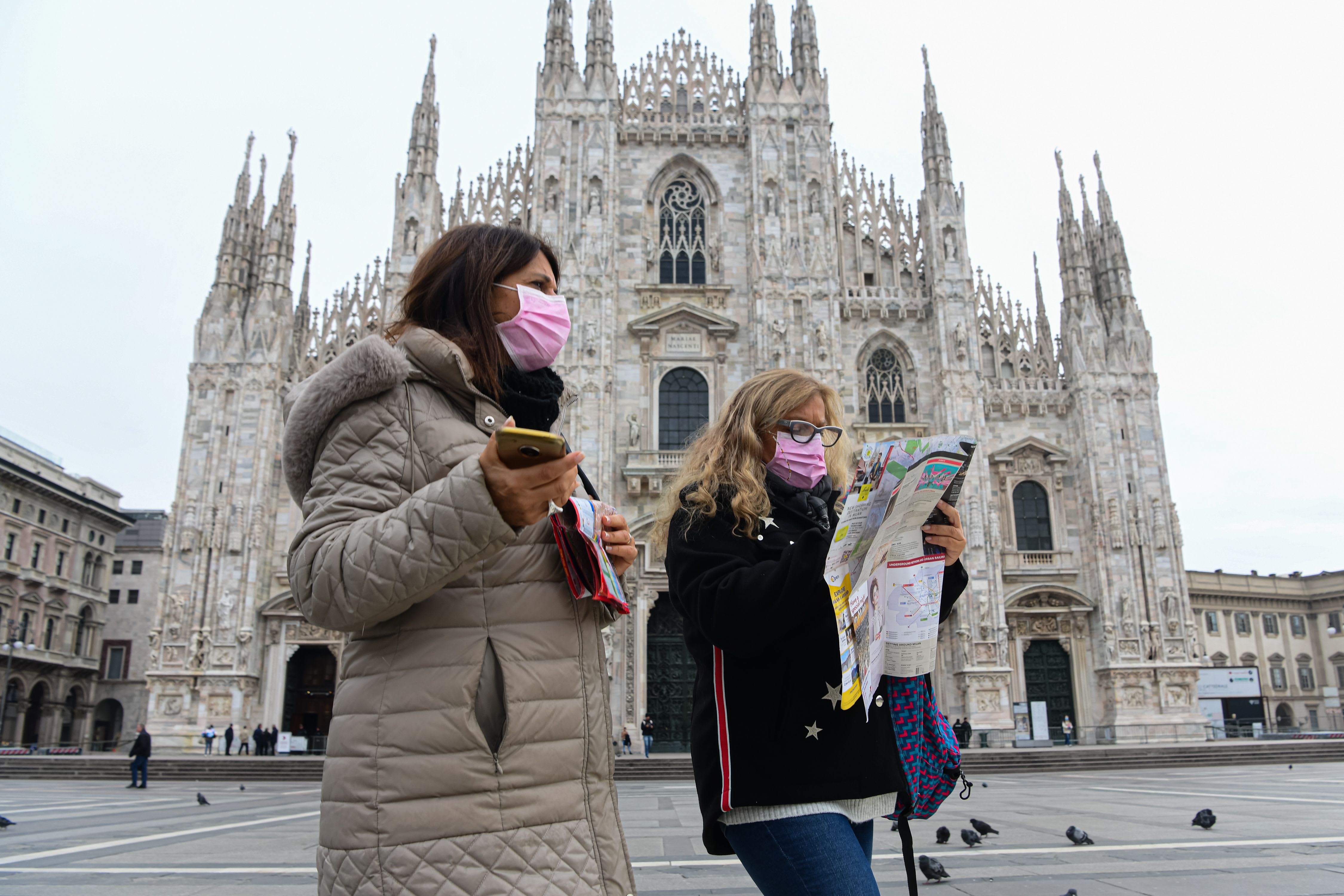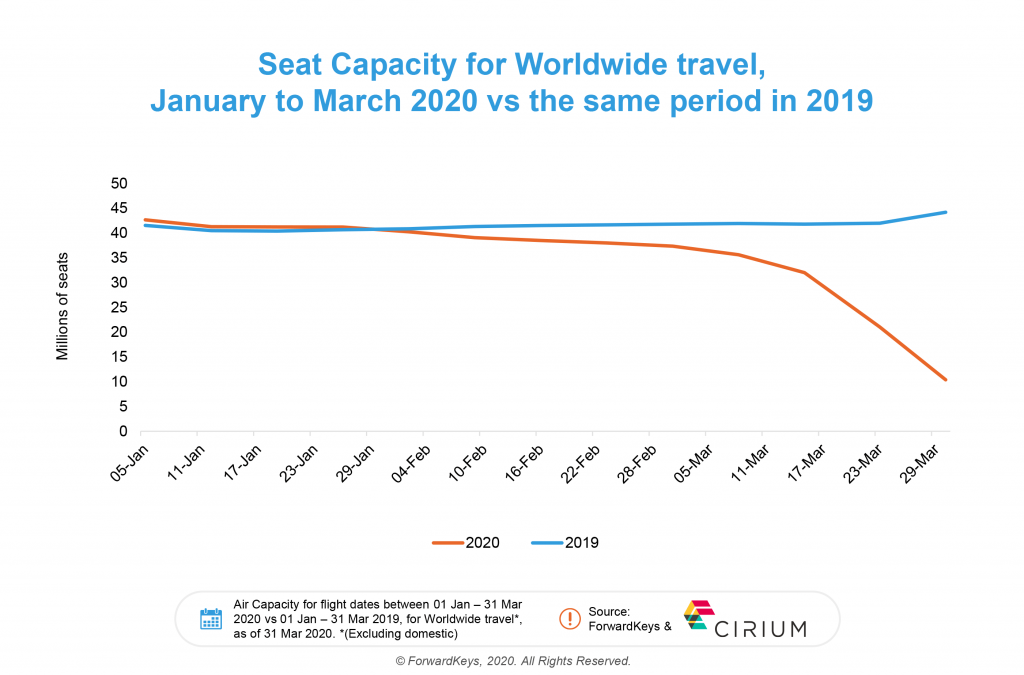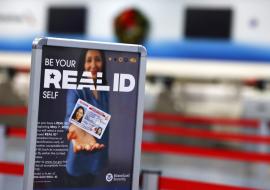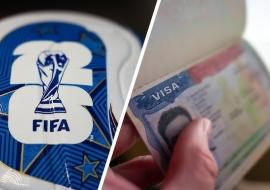Coronavirus’ Brutal Onslaught on World Tourism

By Jorge Coromina
The scope and scale of the ongoing new coronavirus pandemic may have led to initial assessments that were far more upbeat than they are today. Four weeks have gone by since the alarm was triggered by Covid 19. What 21 days ago seemed to be something more controlled or manageable, thirty days later has imposed on everyone the need to rethink the shape of the future.
And that has especially happened in the field of travel and tourism. Many studies have already begun to come out in which experts in various fields of communication, sociology, commerce, economy and "industry without chimneys" describe what we should expect in the future, a future that assumes that this will be a lost year and that from 2021 life will change, and probably a lot.
The current panorama of consumption, at a time when the crisis is in full swing and the peak in the curve of the greatest number of cases of coronavirus is not seen until the first week of May, there are already sectors that are badly wounded, such as perfumery, beauty articles, luxury clothing and footwear, and office equipment, the logical consequence of quarantines, social isolation and teleworking.
Which sectors have benefited so far? Packaged and frozen food, cleaning products, medicines and vitamin supplements, and video games.
E-Commerce and New Distribution Channels
If anything will come out of this crisis generated by Covid 19 stronger than ever before, it is undoubtedly the online channel. In addition to the established sites that today make Internet sales, such as Amazon, eBay and Alibaba, many more will pop up and consolidate, since the increase in demand will be greater and greater.
But just as new channels aimed at online consumers will emerge, the "established" ones, plus others that before the start of this crisis had already been emerging in this competitive market, will introduce innovations in collection and delivery services for products of all kinds.
The big victims, by all accounts, will be the physical stores, department stores, and department stores, which will be drastically reduced in several parts of the planet, especially in those countries that have been hit hardest by the pandemic and which, by coincidence, have a high culture and consumer demand.

But even those stores that manage to survive will surely offer a new relationship with consumers. The digitalization of stores with robotic counters, the introduction of new forms of payment or the strengthening of existing ones, as well as the possible disappearance of bulk goods, could be some of the probable scenarios.
All of the above would bring about significant changes in marketing policies. We can expect a redefinition of communication channels, such as social networks, as well as a transformation in the work of influencers and community groups, in addition to important variations in content platforms.
The SEO and SEM of online platforms will play a more significant role. And it is to be expected, since the brochures will "pass" to a better life, having a more active role in the preservation of the large forest areas that today are cut down to produce paper. Instead, online catalogues will proliferate more than before, and experts predict the creation of consumer and user communities around brands and products.
The Aftermath in Tourism
It is no secret that tourism in general is suffering and will continue to suffer from the Covid 19 pandemic, the worst that humanity has faced in the last hundred years, not even comparable to the so-called "Spanish fever" that killed tens of thousands of people in 1918.
Hotels, cruise ships and commercial aviation are the three elements that have been pounded particularly hard.
The coronavirus has devastated the hotel industry, forcing hotels to take drastic measures to survive. Marriott has said it has suffered cancellations at unprecedented levels, forcing the company to lay off thousands of workers. The Intercontinental Hotels Group (IHG), which owns the Holiday Inn and Crowne Plaza brands, among others, recently stated that "demand for rooms is the lowest it has ever seen.
The same has happened with shipping companies and airlines, plagued by cancellations and travel suspensions. But worst of all, experts say, will be the extended recovery period for all of them.

According to several studies, such as those carried out by Monitor Deloitte, Counterpoint Research and the Boston Consulting Group, after having reached the bottom in the months of April and May, the recovery of these three sectors will be slow and tortuous, with indices still in negative values in the month of December and with the beginning of the rebound foreseen for the month of February 2021.
And the behavior will not be the same due, in good measure, to how consumer confidence will recover. From now until approximately February 2021, tourists will prefer the "staycation" or vacation at "home", without running the risk of making ten-hour trips in a "crowded" plane.
Consequently, hotel reservations in distant destinations for the main issuing markets will suffer the consequences as long as potential travelers do not feel the improvement of the progressive hygienic sensation, an indicator that -studies assure- will only start to show improvement in the middle of August this year.
MICE tourism, also battered by a flood of suspensions of fairs and events, may begin to rebound from November, but uncertainty about the extent and consequences of this epidemic worldwide leaves that assessment in doubt.
Finally, it remains to be seen how many consumer habits and customs will disappear or be transformed after Covid 19. If this is the case, the industry will have to set about transforming and reinventing itself and adjusting to the new times that will come when this "onslaught" has ceased.
In the meantime, Caribbean News Digital suggests that we stay at home and that the solution should not be to cancel trips, but to postpone them for when the time comes better. Let's save ourselves today so we could travel tomorrow.














